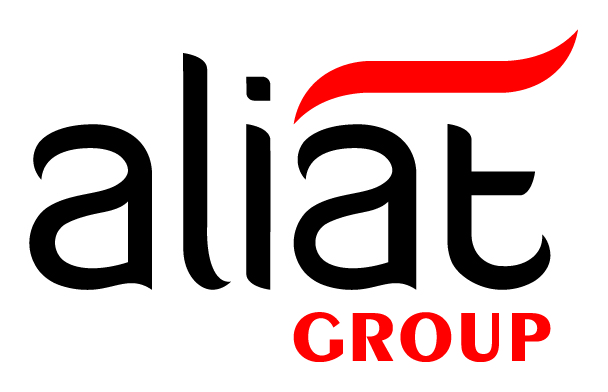100+ The opportunity to introduce the job of the Category Administration Assistant, Secretary
1. Job Aniday
2. Job Aniday
3. Job Aniday
Hiring High-Paying Administration Assistant, Secretary Roles l Aniday
1. What is an Administration Assistant?
An Administrative Assistant provides support to a workplace by assisting managers, staff members, and guests with a range of administrative duties. Depending on the business, administrative assistants may even be in charge of and mentor inexperienced employees.
They could also monitor client accounts, answer questions from customers, and offer customer support. A secretary, on the other hand, usually has fewer duties. They frequently have to handle mail, file paperwork, and take minutes during meetings. In addition, they could be in charge of taking phone calls, setting up appointments, and offering general administrative assistance.

2. What are the differences between an Administration Assistant and a Secretary?
Other than a high school degree or general education diploma, secretaries and administrative assistants usually don't need to satisfy any qualifications. Employers may look for applicants who have at least an associate's degree because administrative assistants frequently handle greater tasks.
Depending on the position and organization, experience might vary. For entry-level positions, secretaries usually don't need experience; however, to be eligible for some administrative assistant positions, candidates may need to have one year of experience. Some similar experience may be required by employers who demand more complicated work from their secretaries or administrative assistants.
Compared to a secretary, a business administrative assistant usually has more responsibilities. They frequently oversee the day-to-day management of a company's operations, which includes budget management, meeting scheduling, and travel arrangements.
Moreover, if administrative assistants or secretaries desire to work in a specialist sector, they could require specialized knowledge. For instance, secretaries or administrative assistants may be expected by law companies to possess some legal expertise or understanding. The sort of experience required, such as legal secretary experience, may be specified in the job ads.
3. What are the responsibilities of an Administration Assistant?
An administrative assistant‘s duties include making travel and meeting arrangements, creating reports, and keeping up with proper file systems. The ideal applicant will be able to arrange their work utilizing office supplies and programs like Microsoft Excel, and they will also possess great written and spoken communication abilities.
In the end, an effective administrative assistant should make sure that our workplace runs smoothly and efficiently every day.
Responsibility:
-
Return and route phone calls
-
Plan and arrange appointments.
-
Schedule meetings and record thorough minutes.
-
Compose and distribute notes, letters, faxes, forms, and emails.
-
Aid in the creation of reports that are due regularly
-
Create and keep up a file system
-
Maintain and update office guidelines and protocols
-
Prepare office supplies
-
Continually update contact lists
-
Make trip plans
-
Send in and reconcile your spending reports.
-
Assist guests generally and serve as the point of contact for both internal and external clients

4. What are the responsibilities of a secretary?
Secretaries are usually responsible for maintaining and organizing office chores, putting processes into place, and doing extra administrative responsibilities. For example, the administrative responsibilities of a secretary might vary depending on the industry, such as government, private industry, and law. Nonetheless, a secretary could be in charge of several typical tasks, which could include:
-
Serving as a receptionist to welcome clients, consumers, and guests
-
Taking calls and guiding them
-
Arranging paperwork and keeping a filing system in place
-
Helping managers and employees with work and initiatives for the firm
Even though secretarial work frequently involves these activities, depending on the workplace, a secretary may also be responsible for additional administrative chores as part of their core duties.
5. What are the important skills of Administration Assistant and Secretary?
Administrative assistants and secretaries frequently share the following skill sets:
-
Communication: these administrative specialists communicate with supervisors, clients, and other employees frequently. Strong communication abilities, both written and verbal, enable them to support clients and collaborate with team members.
-
Time management: plan meetings, arrange for travel, and oversee the calendars of executives. They can arrange their own workload and the schedules of other employees with the use of time management.
-
Organizing the workspace: including the physical and digital components, is a primary duty of administrative professionals. They can quickly access files, evaluate inventories, and assist others in finding tools or information by using this ability.
-
Computer literacy: is crucial for administrative professionals since they use computers for the majority of their jobs. They need to be proficient with scheduling programs, email clients, and any other platforms their businesses utilize.
-
Critical thinking: Since administrative professionals frequently have to handle a variety of jobs, learning how to think critically is a good idea. It can assist them in learning how to handle certain issues with little to no guidance.
-
Teamwork: Proficiency in collaboration is necessary in order to effectively interact with others and foster a healthy work environment.







